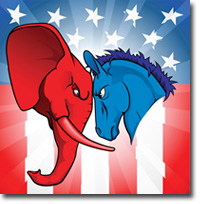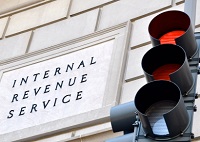The 2010 Supreme Court Citizens United decision held that the First Amendment prohibits governmental restrictions on corporate independent political expenditures. The decision overruled an earlier decision, Austin v. Michigan Chamber of Commerce, in which the Court had upheld—by identifying a governmental interest in preventing the distorting effect that accumulations of corporate wealth can have on the political process—a Michigan state law prohibiting corporate independent expenditures that supported or opposed a candidate for office. In Citizens United, the Court postured its overruling of Austin (and the anti-distortion interest upon which its holding was based), as returning to its earlier principle that “government may not suppress political speech on the basis of the speaker’s corporate identity. No sufficient governmental interest justifies limits on the political speech of nonprofit or for-profit corporations.”
Impact on Nonprofits (and Rise of Super PACS)
This decision increases the potential amount of money that can flow into the political process, by allowing all corporations, for-profit and nonprofit—other than 501(c)(3)s)—to use their general treasury funds for independent communications that contain express advocacy and urge the support or defeat of specific candidates (but not for communications coordinated with candidates). Previously, these types of communications generally needed to be made from a separate political action committee (“PAC”) out of voluntary contributions rather than out of a corporation’s general funds.
After Citizens United, the political landscape now includes both:
- “Super PACs,” a term that generally means specialized PACS that make only the independent communications described above and do not contribute directly to candidate campaigns; and
- 501(c)(4) social welfare organizations, which are being increasingly utilized for political purposes.
Some commentary has referred to 501(c)(4) organizations as Super PACs, though they technically aren’t PACs at all. Both types of organizations now can collect and spend (from individuals, corporations and unions) vast amounts of money on independent communications, though 501(c)(4) organizations cannot have political activity as their primary purpose. However, 501(c)(4) organizations contain an additional feature: the identities of donors to the organization generally will not be subject to public disclosure. This has led to increased concerns that election year “attack ads” will only get more vicious. However, others have voiced the opinion that there has been overstatement about the implications of the Citizens United decision.
How has Citizens United impacted your organization during this election period?
Do you think the IRS will (or should) clarify when political activity constitutes the “primary purpose” of certain nonprofits?


